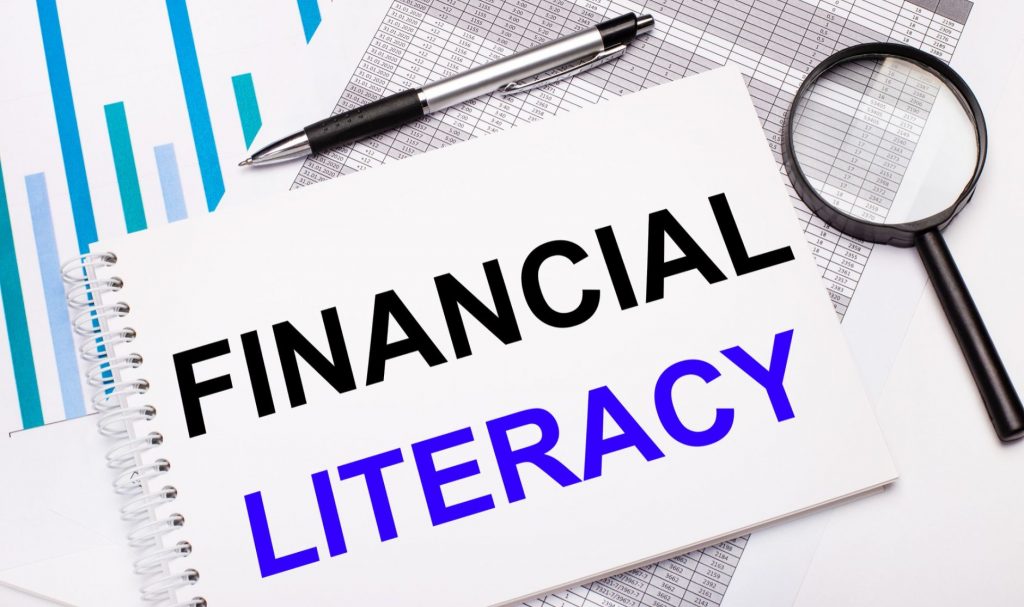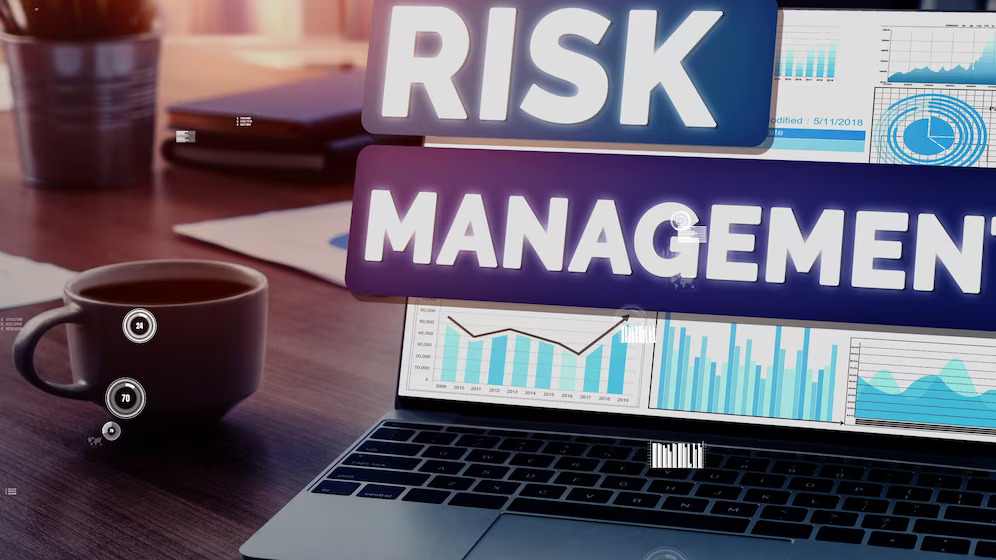Skills You Need to Be Financially Literate In 2025
4 Mins Read
Published on: 31 August 2021
Last Updated on: 20 January 2025

Financial literacy is an individual’s complete knowledge and ability to handle financial matters such as budgeting, banking, investing, and even personal finances. It helps individuals to take suitable action regarding financial affairs when needed.
Financially literate people can earn better and contribute more to society than a person without it. Also, with this knowledge, your attitude towards money or spending habits can dramatically change. Financial literacy can assist individuals in having a financially stable, responsible, and ethical lifestyle.
It allows them to make better financial choices throughout their life. If you want to learn the basic skills to become financially literate, below are some of the best skills to help you have excellent financial literacy.
How To Be Financially Literate

Being Financially literate is so important. Without financial literacy, you can end up in a ditch or dead, and we are not kidding. Financial management is not a luxury. It is one of the most essential things in today’s world.
However, you must consider that financial literacy is not something that you can build in a day. Therefore, if you are considering top be financially more literate. You need to understand some of the points we are mentioning here.
Learn Budgeting

The first and most important skill to be financially literate is to learn to budget. It will help you spend money when necessary and save considerably with a proper budget plan for later use. However, if you don’t have a budget plan or don’t know how to create one, you won’t control your money-spending habits. Today, it is becoming a necessity to spend your money carefully.
Most people learn these skills throughout their educational programs. Many business schools offer masters in accounting online with no GMAT programs to retain these budgeting skills. These courses allow you to understand how to properly plan a budget and set short-term and long-term financial goals. A simple budget plan includes your monthly income and your total money expenditure.
Cut your total spending from your monthly salary, including your utility bills, groceries, entertainment, and others.
Understand The Credit Score
Understanding the credit score is an essential part of being financially literate. But how can you calculate it, and why it’s so important?
For people who pay off their credit bills timely, the lender considers them trustworthy. They create a credit history and give them a better credit score to help them get future loans. A credit score consists of three digits ranging from 300 to 850 in the United States.
People with a high credit score are considered at low risk financially; others with a low credit score are considered at credit risk. All your financial summary is based on your credit report, so you must be careful about that. You can review your credit report and spot any fraudulent entries or errors at any time. In addition, you can take legal action to recover your loss, too. Over time, you can improve your score by tracking your spending correctly.
Anticipate Risk

Other than that, it’s best to prepare for any risk and keep some savings aside in case of need. Many people ignore such risks and end up suffering a lot. For instance, during the COVID-19 crisis, people worldwide faced financial challenges and business losses because that was an unexpected problem, and barely anyone was prepared.
As per financial professionals, every person must have a three to six-month saving plan in any emergencies who are ready in that manner can only face minor financial problems instead of major ones.
Similarly, think about switching your job. In that case, you must reserve a specific amount of money to fulfill all your expenses, including hospitalization, until you get a new job.
Secure The Future
Preparing for retirement and having a proper financial plan must be your priority. If you think you are already late for planning your future, then you are mistaken. It’s never too late to save your future. A proper retirement plan is a crucial part of financial literacy.
In a retirement plan, you first need to consider your age and decide when you want to retire. Then, it would help assess your spending needs, such as utility bills, grocery, and medical expenses. By calculating all these expenses and the investment rate, you will decide if the retirement fund can cover your costs after tax. Now, you can choose how much money you need to save to invest in your retirement plan.
Decrease Your Spending

There are two basic ways to use the money you saved later in life. You can get another job to raise your monthly salary or decrease your money expenditures on unnecessary items. To manage your spending, you must plan your grocery shopping list wisely.
For instance, you can only spend on the essential things you need immediately. Other items can wait until you get your next salary. You can save enough money for later use when you divide your total income consistently.
Financial literacy is a must-have in today’s era. People with thoughtful budget planning and financial management skills can save money efficiently, improve their present, and secure their future. Most importantly, set your financial goals right and stick to them, as it is the basic rule to become financially literate.
The Final Thought
Ultimately, all you need to know is that financial literacy is not just being judicious with your money. It is so much more than that. Therefore, if you genuinely want to understand financial literacy, you must understand how to go about it.
Therefore, consider the points discussed here and keep following us for more. If you have some feedback, you can also share that with us. Thank you, and have a great day ahead.
Read Also:


















Comments Are Closed For This Article